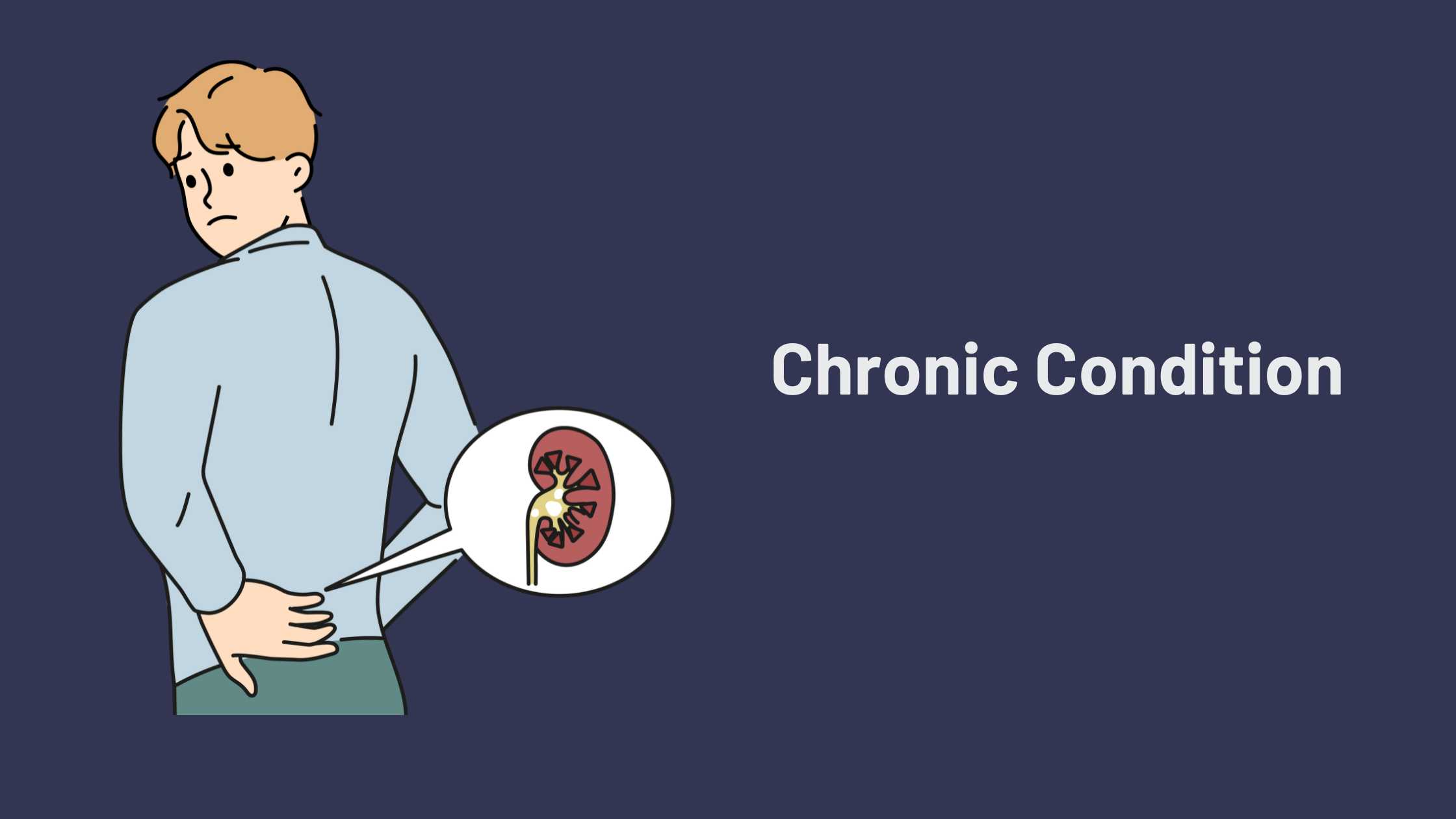
Chronic Condition
Getting a diagnosis for chronic illness can be very challenging, especially if you have never been diagnosed with a chronic illness before. You will likely face a ton of anxiety, stress and sadness. This is why you should take care of your mental health and develop healthy coping strategies in addition to your physical health is essential. Adjusting to a new life can be difficult, but it’s not difficult. It’s common for people suffering from a chronic disease to feel anxious, angry, depressed, embarrassed and in denial. If you’ve been diagnosed recently, you might feel like the world is ending before you adjust to a new life. A chronic illness cannot be cured, and it’s a long-lasting condition. You can also contact a holstic medicine doctor if you need help. Here are five steps you can take to cope with a chronic illness.
Make Wise Choices
You must make many choices, from medications to treatment to which doctor to see. You must also make everyday decisions, such as joining a new gym. Attending a family gathering, and much more. When you have a chronic disease, you will begin feeling decision fatigue. If you feel this way, making a list of the advantages and disadvantages of each decision can help organize your thoughts.
Go For Therapy
It requires a massive paradigm shift to accept that your life is now different. Chronic illness does not only affect your physical health but also your mental health. You may not be able to do things that you used to do before, and it can be even harder to adjust. But you don’t have to do everything alone. A therapist can offer support, educate you on practical tips to cope and assist you in processing the changes in your life. People suffering from chronic conditions are more likely to develop anxiety and depression. Chronic illness is demanding even on the mentally strong people. Talking with a trained professional like Dr. John Staniland about these mental problems can help you lower the risk of depression and anxiety.
Relax
The more you rest, the more your body heals. You will also make better decisions when your mind is calm and free from worry and depression. Try spending time with a friend, listening to music, reading a book, or walking to reduce that stress. This will decrease your risk of depression, improve your sleep, and help you to cope with pain.
Doing Little Things For Yourself
Sometimes, it’s difficult to forget the things you’re missing. You can overcome these emotional traps by making some small plans that will force you to do something positive for yourself. For instance, taking a walk outside, doing yoga for a few minutes, or video chatting with a friend. Self-care, even if it’s a few minutes, can motivate you to keep pushing forward. When you have a chronic illness, staying motivated and positive can be challenging. Journaling can also help you practice numerous coping mechanisms. Reflecting on your feelings and thoughts will help you understand yourself better and keep you in the present moment.
Bottom Line
Be positive and try to be motivated even if it’s not easy. Doing little things for yourself, relaxing, going to therapy and making wise choices are the essential first steps. Reaching out to help others in small ways and finding a support system can also help you feel better. Be kind to yourself and remain positive.






